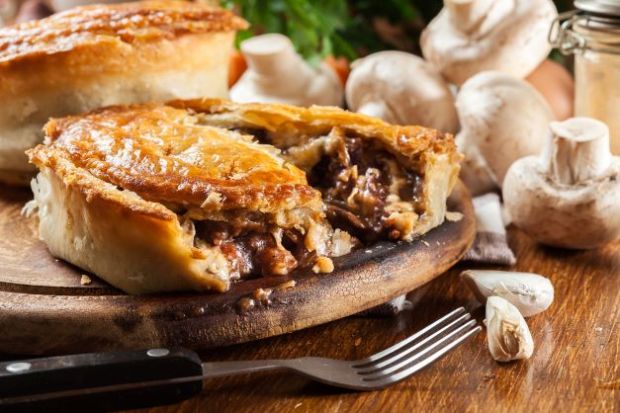 Tucked amongst the hills at the head of Lake Wakatipu near Queenstown is Aro Ha, a plush, extremely self-sufficient, first-of-its kind wellness retreat. Here the focus is all about treading lightly on the environment.
Tucked amongst the hills at the head of Lake Wakatipu near Queenstown is Aro Ha, a plush, extremely self-sufficient, first-of-its kind wellness retreat. Here the focus is all about treading lightly on the environment.
Aro Ha, opened in January, and is already earning a worldwide reputation for its life-changing, body morphing and spirit-lifting retreats, lasting from five to seven days. Increasing numbers of wealthy, luxury guests are seeking out this kind of back-to-nature, healthy, whole-food experience and supporting resorts that go all out to be environmentally sustainable.
Each morning highly-trained retreat leaders lead Aro Ha’s guests into battle for their well-being, heading off on a four-hour hike after their morning ritual of yoga or Pilates. Diet is an important part of the programme and executive chef Rani Silva plays a major role in changing the lifestyle choices of his guests. His passion and specialty is turning traditional, primarily raw, whole vegetarian food into a flavoursome, culinary delight. Vegetable gardens, large greenhouses, nut and fruit trees are all at his disposal onsite.
Aro Ha’s menu features mostly raw and plant-based foods, particularly green leafy vegetables that support the detox experience. Paleo practices are applied and everything is gluten-free. The menus are high in good saturated fats like avocado, coconut, sprouted seeds and activated nuts. Silva and his team use traditional methods to ferment and process ingredients so that the nutrients are easily absorbed by the body.
“We stay away from processed foods and sugar. We normally use honey, coconut nectar and whole fruits as sweet sources,” says Silva. “We’re also planning some tea foraging trips for the guests and we’ll guide them on how to make teas using manuka, lavender, thyme, mint and dandelion.”
Almost all produce is grown onsite in vegetable gardens and three large greenhouses. Even the gardeners use eco-friendly Polaris electric cars that are plugged in and charged overnight. Rani stores his root vegetables in cool underground cellars where they last for months covered with native ferns.
Cabbages are turned into sauerkrauts, tomatoes and cucumbers into pickles. “These are a real novelty for our guests and taste like the real deal,” says Silva. Sea Vegetable Carbonara – a pasta dish made using raw courgette and sea spaghetti – is mixed with a creamy dill and pine nut sauce, topped with pistachio and ‘Rawnesan cheese’, which is made from fermented pinenuts. “It’s very time-consuming, but produces an amazing taste,” he says.
Five-star guests paying around $1000 a night expect 5-star heating and luxury, but Silva says the sustainable energy systems in place have proved more than adequate to heat the property. Even the accommodation furnishings are minimalistic, sustainable and ecologically friendly. Timbers are recycled; and the beds have naturally dyed loom-woven blankets, organic cotton linen and natural latex mattresses.
It’s all involved a huge investment up front but long-term the savings will be huge, says Silva. “Hospitality businesses are driven by what their guests want. It’s the guests who will motivate them to be more eco-friendly.” With the increasing demand from guests seeking this type of sustainable experience, he believes many more operators will be forced to follow the eco-friendly path.








